+ Filter
 Loading...
Loading...

EGFR & FcγRIII
Engineered Antibody Products
Antibody-like Scaffold Protein Products
Glyco-Engineering Antibody Products
Tetramer Products
Antibody Magnetic Beads
Cancer Stem Cell Biomarker Specific Antibody Products
AbPlus
Recombinant Antibody Products
Functional Antibody Products
Formats
Research Area
Anti-EGFR & FcγRIII Recombinant Antibody Products
-
- Class: Class I
- Antigen: EGF-R-479
- Antigen Species: Human
- Peptide: KLFGTSGQKT
- Conjugate: Unlabeled, Biotin, R-PE, APC
-
- Class: Class II
- Antigen: EGFR
- Antigen Species: Human
- Peptide: SRALEEKKGNYVVTHG
- Conjugate: PE
- A*0201/Human EGFR (YLNTVQPTCV) MHC Tetramer (MHC-LC773)
-
- Class: Class I
- Antigen: EGFR
- Antigen Species: Human
- Peptide: YLNTVQPTCV
More Infomation
Can't find the products you're looking for? Try to filter in the left sidebar.Filter By Tag
More Infomation
Our customer service representatives are available 24 hours a day, from Monday to Sunday. Contact Us
For Research Use Only. Not For Clinical Use.
This gene encodes a receptor for the Fc portion of immunoglobulin G, and it is involved in the removal of antigen-antibody complexes from the circulation, as well as other other antibody-dependent responses. This gene (FCGR3A) is highly similar to another nearby gene (FCGR3B) located on chromosome 1. The receptor encoded by this gene is expressed on natural killer (NK) cells as an integral membrane glycoprotein anchored through a transmembrane peptide, whereas FCGR3B is expressed on polymorphonuclear neutrophils (PMN) where the receptor is anchored through a phosphatidylinositol (PI) linkage. Mutations in this gene have been linked to susceptibility to recurrent viral infections, susceptibility to systemic lupus erythematosus, and alloimmune neonatal neutropenia. Alternatively spliced transcript variants encoding different isoforms have been found for this gene.
EGFR encodes a receptor tyrosine kinase that is involved in the regulation of cell growth, survival, and differentiation. It is activated by binding to its ligands, such as epidermal growth factor (EGF), and mediates downstream signaling pathways that control cellular processes like proliferation, migration, and differentiation. EGFR is critical in normal development, wound healing, and tissue repair. However, mutations or overexpression of EGFR are associated with various cancers, including non-small cell lung cancer (NSCLC), making EGFR a target for cancer therapies, including monoclonal antibodies and tyrosine kinase inhibitors.


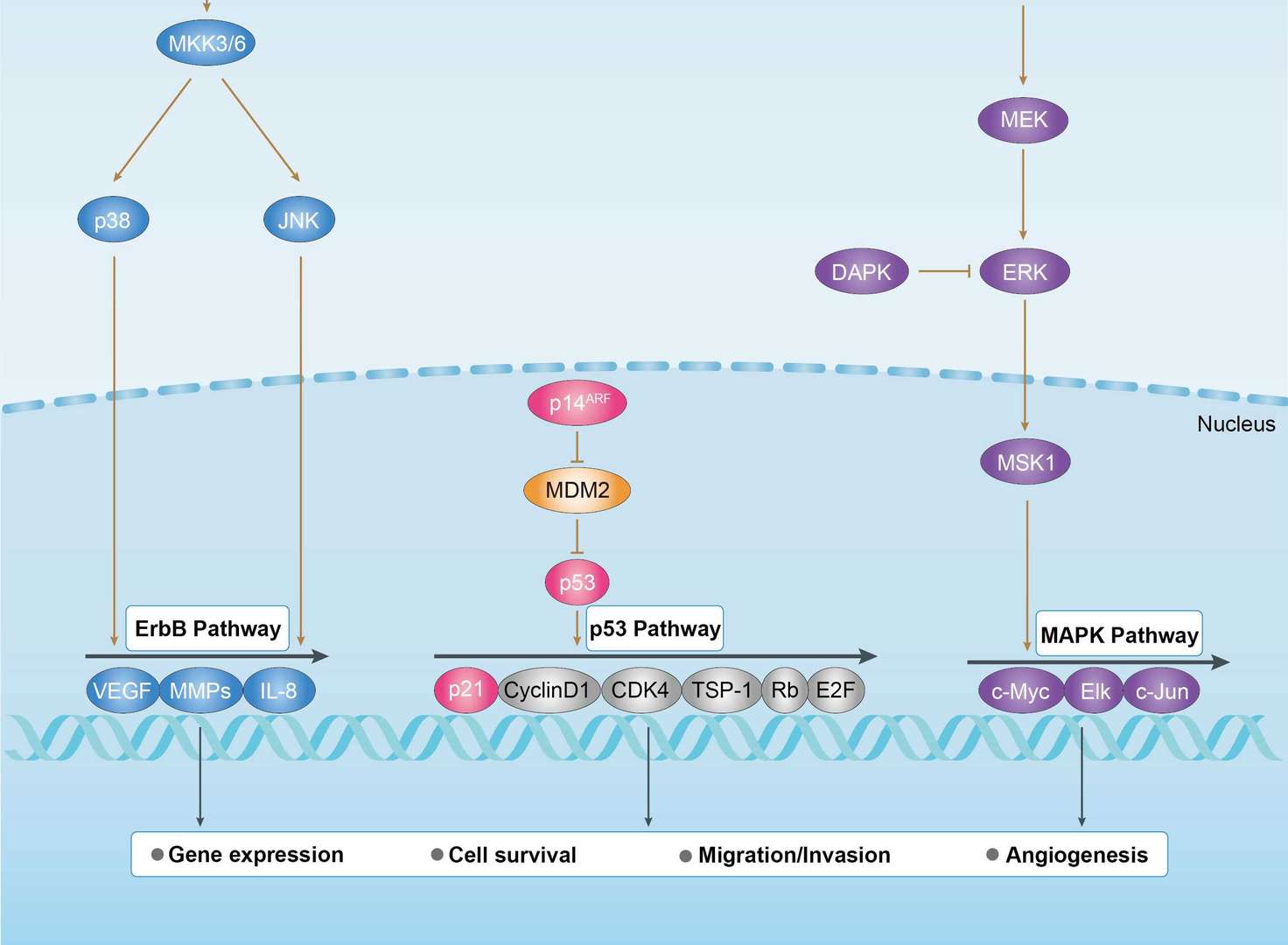 Bladder Cancer
Bladder Cancer
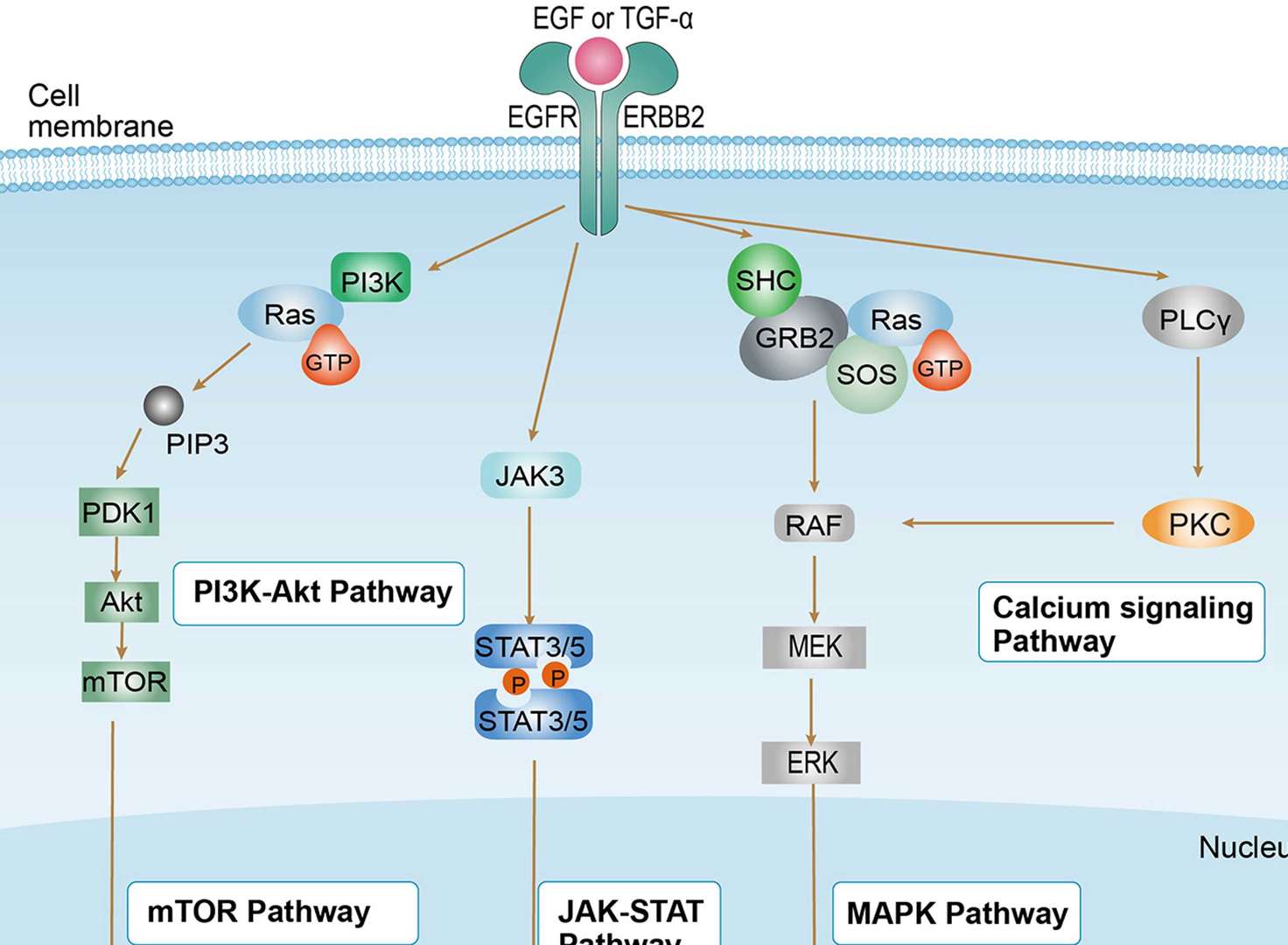 Non-small Cell Lung Cancer
Non-small Cell Lung Cancer
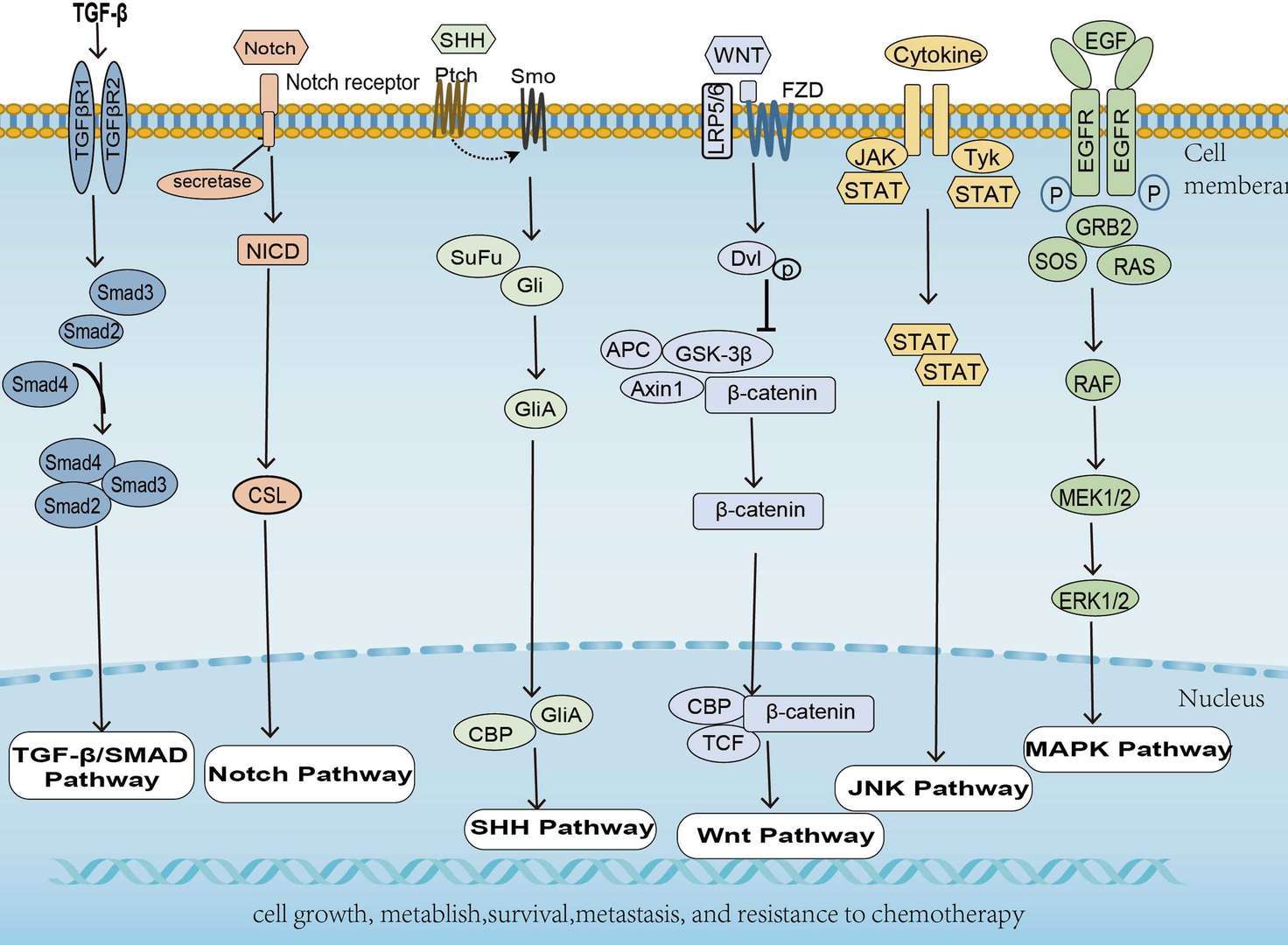 Pancreatic Cancer
Pancreatic Cancer
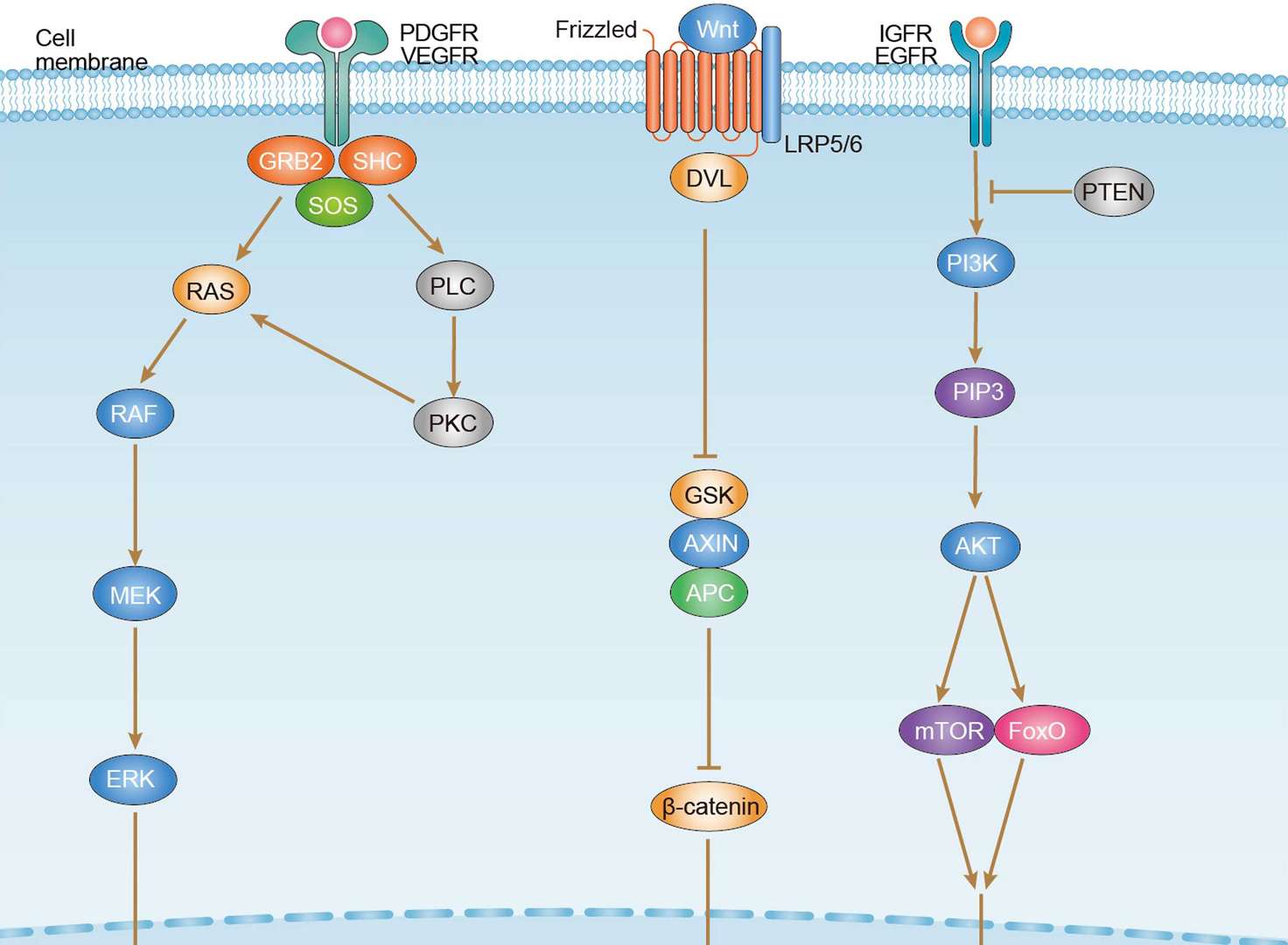 Hepatocellular Carcinoma
Hepatocellular Carcinoma
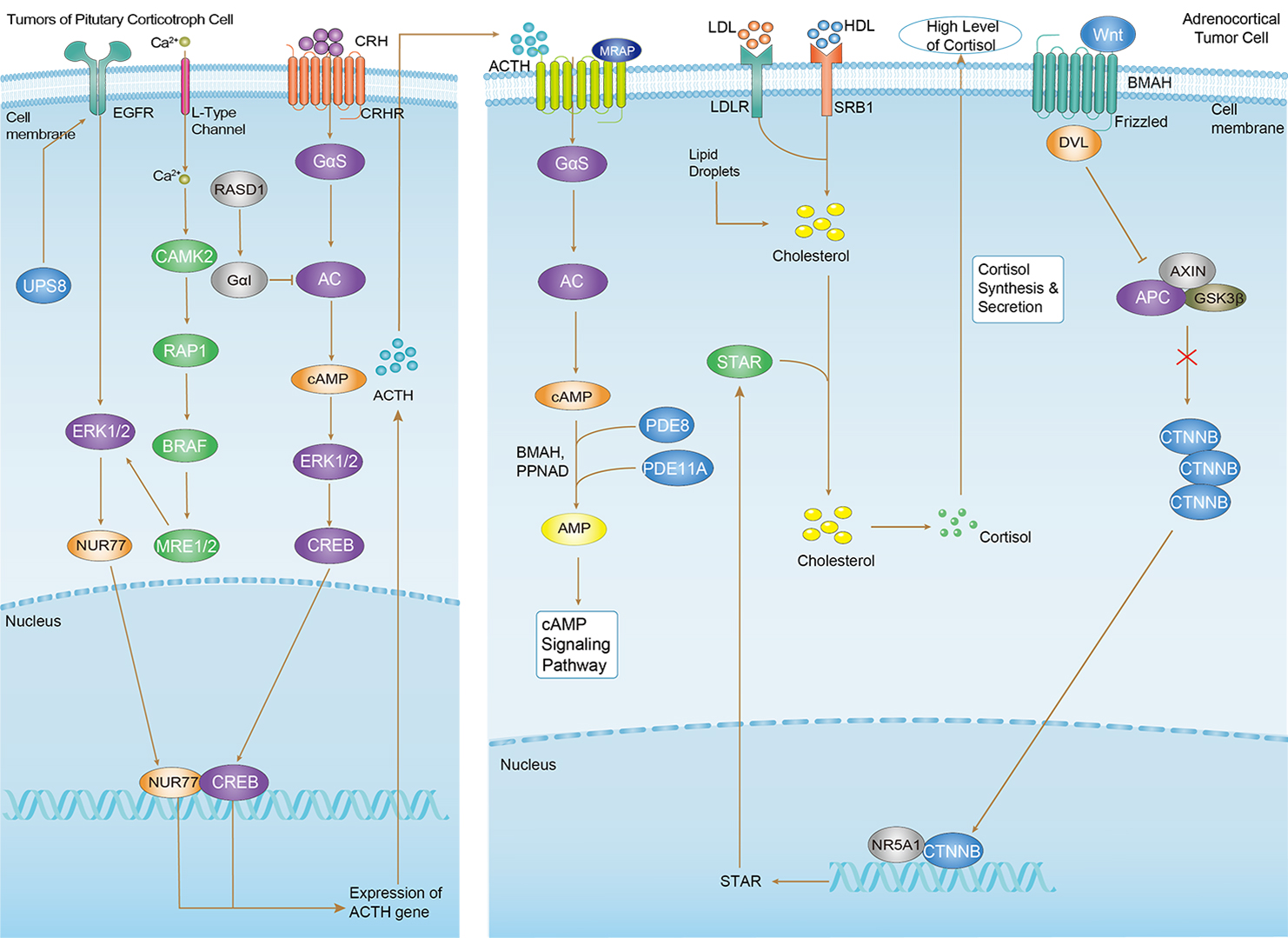 Cushing Syndrome
Cushing Syndrome
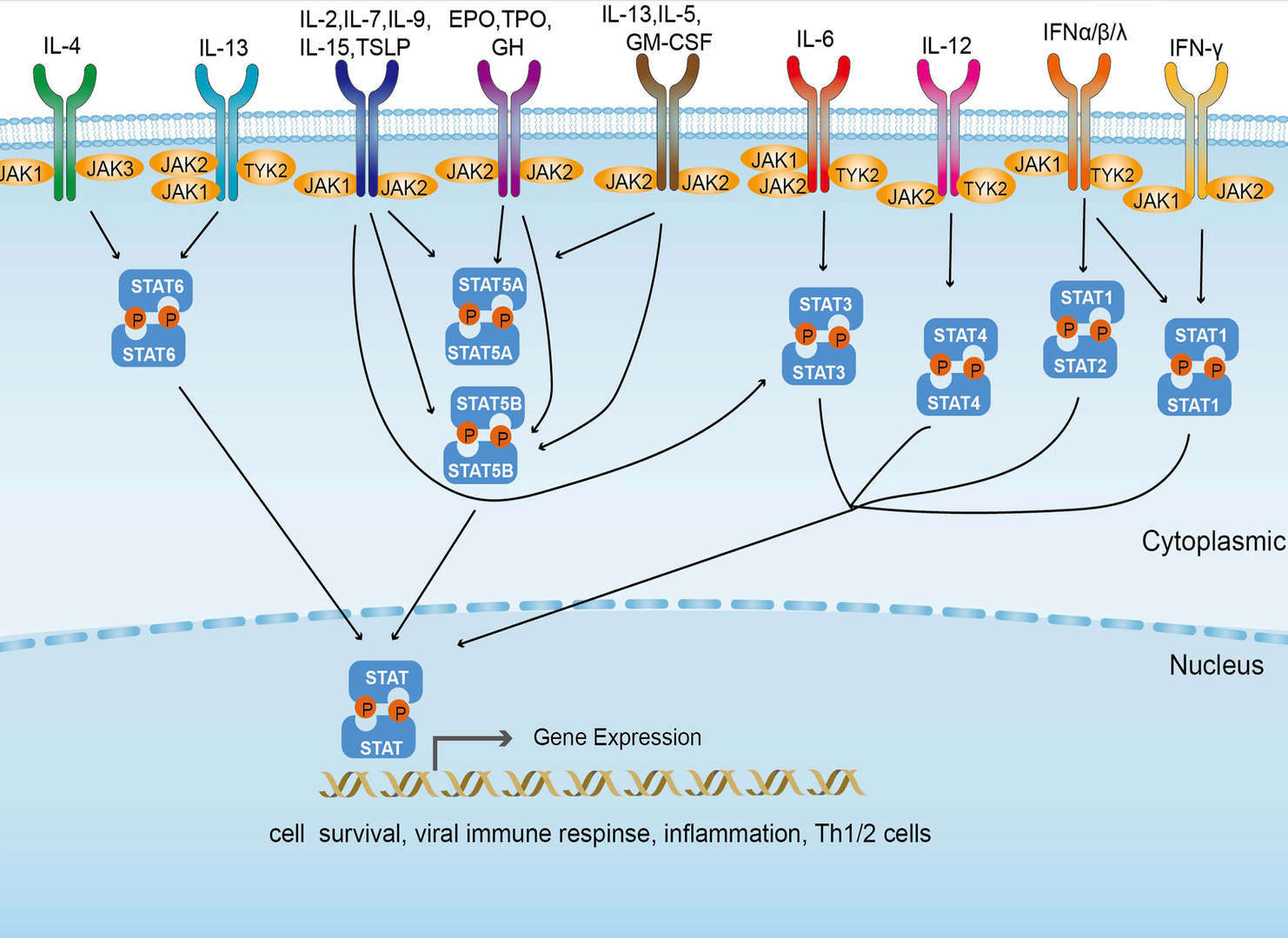 JAK-STAT Signaling Pathway
JAK-STAT Signaling Pathway